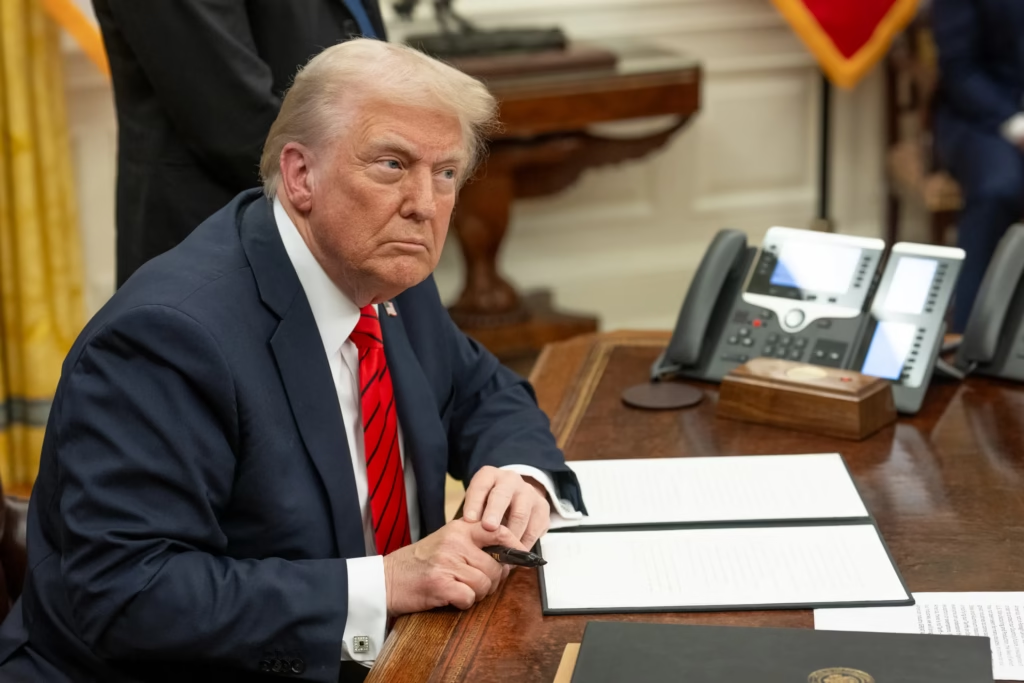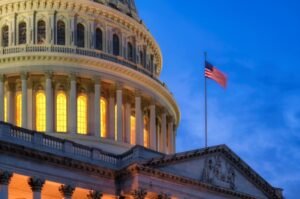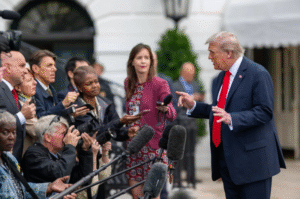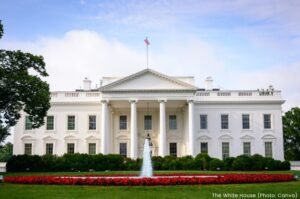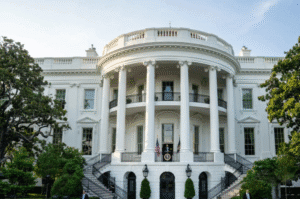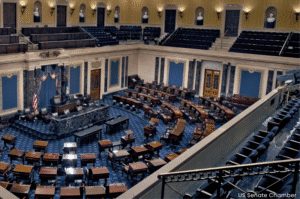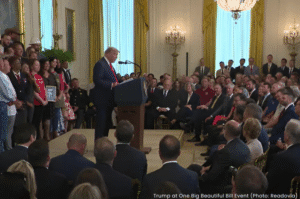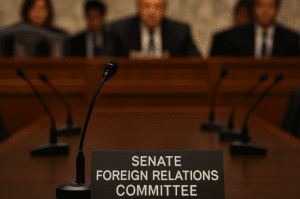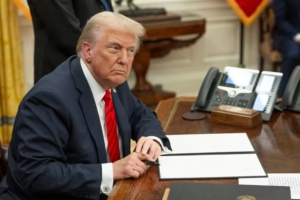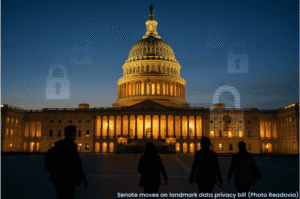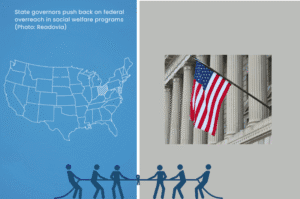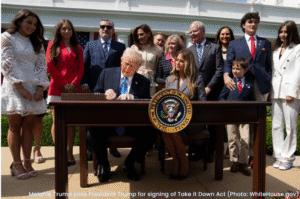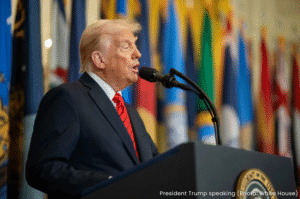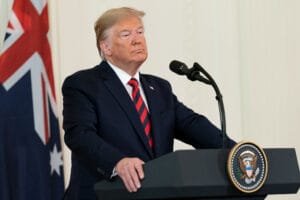In a sweeping move that could reshape the federal workforce, President Donald Trump has initiated steps to reclassify approximately 50,000 federal employees under a designation known as “Schedule F.” This reclassification would strip these workers of traditional civil service protections, making them easier to dismiss and potentially altering the nonpartisan nature of the federal bureaucracy.
Originally introduced in 2020 during Trump’s first term and subsequently revoked by President Joe Biden, Schedule F is now being reinstated as part of a broader agenda to increase executive control over federal agencies. The administration argues that this move will enhance government accountability and efficiency by enabling the swift removal of employees engaged in poor performance, misconduct, or opposition to presidential policies.
However, the plan has drawn sharp criticism from labor unions and government watchdogs. They warn that it undermines merit-based hiring, threatens whistleblower protections, and risks politicizing the civil service. By removing job security for a significant portion of federal workers, opponents argue that the administration could consolidate power and erode the checks and balances that underpin democratic governance.
As the Office of Personnel Management supports the change, citing the need to hold influential policy-making employees to higher standards, the debate over Schedule F’s implications continues to intensify. With the potential to fundamentally alter the structure and function of the federal workforce, this move marks a significant moment in the ongoing discourse about the role of government and the balance of power within the executive branch.


